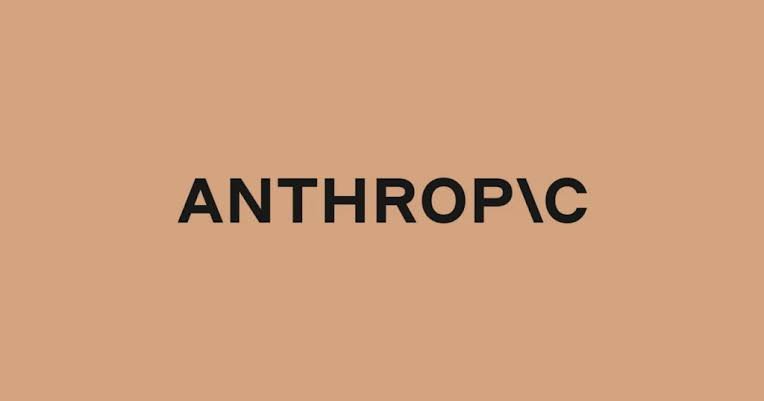Italian News Publishers Demand Probe Into Google’s “Traffic-Killing” AI Overviews

Why Are Italian News Publishers Targeting Google’s AI Overviews?
Italian newspaper publishers are urging regulators to investigate Google’s AI Overviews, claiming the feature is devastating their web traffic and revenue. The Italian Federation of Newspaper Publishers (FIEG) has filed a formal complaint with Agcom, Italy’s communications watchdog, arguing that Google’s AI-generated summaries are violating European Union law.
This move follows similar complaints from publishers across the EU, coordinated by the European Newspaper Publishers’ Association, seeking to pressure the European Commission into launching a full-scale investigation under the EU Digital Services Act (DSA).
What Makes AI Overviews a “Traffic Killer”?
Google’s AI Overviews appear at the top of search results, summarizing information in a single text block. This gives users the answers they seek without needing to click through to the original source — a dynamic that publishers claim is siphoning away their traffic.
According to FIEG, the feature reduces “visibility and discoverability” of legitimate journalism while cutting into advertising revenue. “Google is becoming a traffic killer,” the federation stated, warning that the company’s AI services now directly compete with — and replace — the very news content they rely on.
The organization also expressed concern about Google’s newer AI Mode, which compiles and presents information from multiple outlets in chatbot form, further limiting user engagement with original reporting.
How Do Publishers Claim This Violates EU Law?
FIEG argues that Google’s AI tools breach key provisions of the Digital Services Act, particularly those intended to ensure fairness, transparency, and protection for media businesses. The group claims these AI-driven services harm Italian consumers, undermine competition, and threaten the financial sustainability of independent journalism.
They warn that reduced visibility for credible news outlets could lead to a “proliferation of disinformation,” posing long-term risks to democratic debate and public trust.
What Do Studies Say About the Impact of AI Overviews?
Data backs up the publishers’ claims. A UK-based analytics firm, Authoritas, reported in July that AI Overviews cause up to 80% fewer clickthroughs to external sites compared to traditional Google search results. The same study found that links to YouTube — owned by Google’s parent company Alphabet — were displayed more prominently, raising conflict-of-interest concerns.
Similarly, research by the Pew Research Center found that users click links under AI summaries only once every 100 times, highlighting the enormous loss of potential traffic for publishers.
What Happens Next?
If Agcom or the European Commission finds that Google’s AI Overviews violate the DSA, it could trigger fines, restrictions, or even mandates requiring changes to how AI-generated content is displayed.
For now, the case underscores a growing global tension: as AI reshapes online search, publishers fear being erased from the digital ecosystem they helped build.





